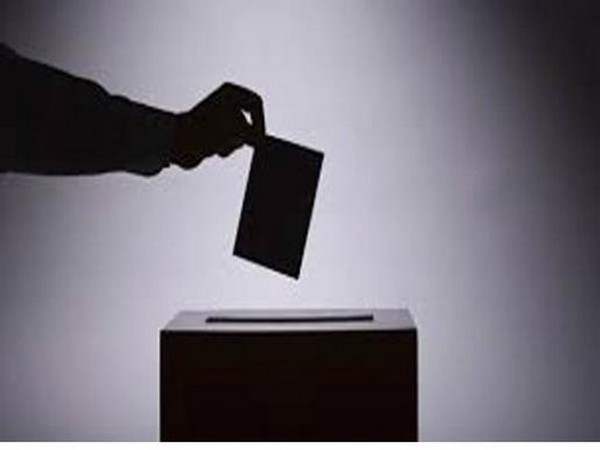Venezuelans to vote in referendum on disputed territory with Guyana
Some political and security analysts have called the referendum a show of strength by Maduro and a test of support for his government ahead of a planned 2024 presidential election. The court said in April it had jurisdiction, though a final ruling on the matter could be years away.

Venezuelans will vote on Sunday in a referendum backed by President Nicolas Maduro's government over a potentially oil-rich territory that is the subject of a long-running border dispute with Guyana. The five-question referendum includes a question rejecting International Court of Justice (ICJ) jurisdiction to decide to which country the territory around the Esequibo river belongs. Some political and security analysts have called the referendum a show of strength by Maduro and a test of support for his government ahead of a planned 2024 presidential election.
The court said in April it had jurisdiction, though a final ruling on the matter could be years away. Venezuela has said the issue should be resolved by the two countries. On Friday, the court responded to a request from Guyana to halt the referendum, ordering Venezuela to refrain from taking any action that would alter the status quo, without expressly forbidding the vote. Both countries hailed the ruling as backing their position.
Maduro has encouraged voters to approve the referendum. "The purpose of (Maduro's) government is to send a message of strength to Guyana," Central University of Venezuela politics professor Ricardo Sucre said.
At issue is a 160,000 square km (61,776 square mile) region that is mostly thick jungle. Venezuela reactivated its claim over the territory in recent years after the discovery of offshore oil and gas. Maduro would prefer that Guyana adhere to a 1966 agreement for a bilateral solution, Sucre said, and is also thinking of potential oil and gas developments. The maritime border between the two countries is also in dispute.
Political analysts have said they expect voters to approve the proposal given the lack of any "no" campaign against it in Venezuela and the likelihood that voters who are opposed will stay home. The referendum is "consultative" and there is no minimum number of votes for its approval.
"The government is holding the referendum for internal reasons," said Benigno Alarcon, director of the Center for Political Studies at Caracas' Andres Bello Catholic University. "It needs to test its electoral machinery." "If the opposition joins together and there is a willingness to participate (in the 2024 election) by Venezuelans, Maduro is out," added security analyst Rocio San Miguel. "He is activating a scenario of conflict" to perhaps suspend the election.
The Sunday vote has caused anxiety in Guyana, with the government urging citizens to keep calm. Some in Georgetown voiced relief after the ICJ ruling on Friday. "I feel the court made a right decision. ... I can breathe a bit easy now," said vegetable seller Kim Rampersaud, 41.
Brazil said on Wednesday it had intensified "defensive actions" along its northern border amid the territorial dispute.
(This story has not been edited by Devdiscourse staff and is auto-generated from a syndicated feed.)
ALSO READ
Tragedy in Southeast Brazil: Torrential Rains Trigger Fatal Landslides
Brazil's Kho Kho Dream: From Newcomers to Contenders
Brazilian Kho Kho Player Reflects on Historic World Cup Debut in India
Brazil Challenges Meta's New Hate Speech Policy
India Triumphs Over Brazil in Thrilling Kho Kho World Cup Match










